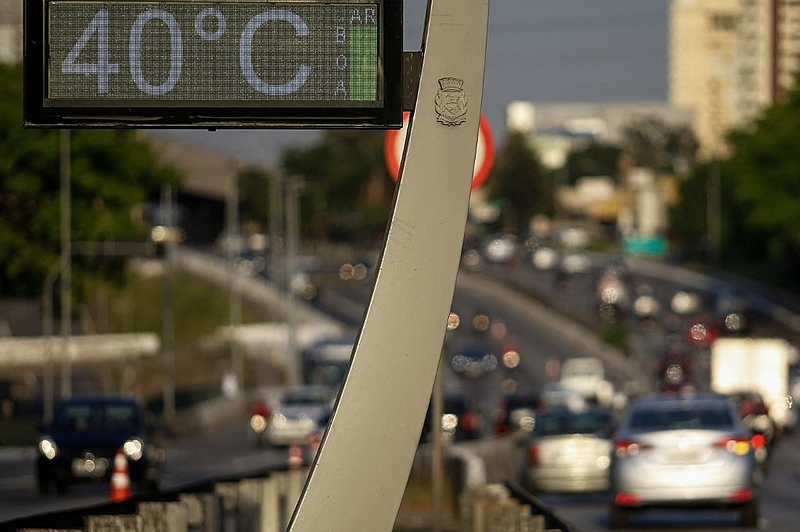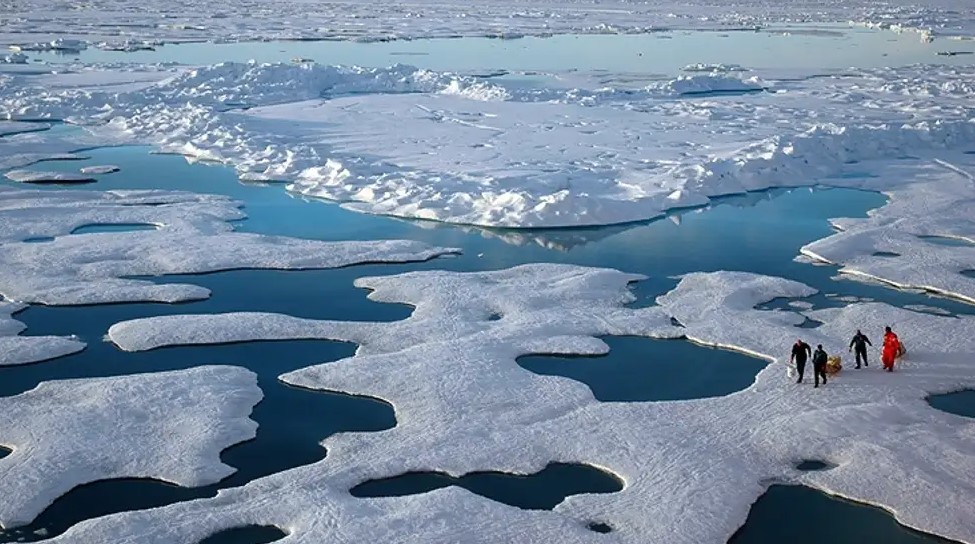An extraordinary winter heatwave is affecting a significant portion of South America, with temperatures in southwestern Brazil predicted to surpass 40 degrees Celsius (104 Fahrenheit) in the coming days. This heatwave is part of a global trend of extreme temperatures, making July on track to be the hottest month ever recorded.
While northern hemisphere summers have seen extreme heat, countries like Argentina, Chile, Paraguay, and Brazil are experiencing temperatures typically associated with summer, despite it being winter. This anomaly is attributed to climate change and the El Niño phenomenon, a natural climate pattern that exacerbates global temperatures.
On Tuesday, Buenos Aires, Argentina, recorded 30 degrees Celsius, marking the hottest early August in 117 years. Normally, temperatures at this time of year are around 15 degrees Celsius, and such high temperatures have not been seen in winter since 2014.

The National Weather Service has highlighted the urgency of addressing climate change, noting that “Climate change is not a distant scenario; it is here and urgent action is needed.”
The southern part of the continent has been hit hardest by this winter heatwave, with temperatures expected to remain unusually high in early August. Climatologist Maximiliano Herrera described this event as one of the most extreme ever recorded, “rewriting all climatic books.”
In Paraguay, temperatures are forecasted to peak at 38 degrees Celsius on Friday, with Thursday’s 39.7 degrees Celsius setting a new record for July. Chile’s mountain town of Vicuna saw a national record high of 38.7 degrees Celsius on Tuesday, with many weather stations across the country recording temperatures above 35 degrees Celsius.
Brazil also experienced temperatures exceeding 38 degrees Celsius last week. A recent study emphasized that the extreme heatwaves affecting North America, Europe, and Asia in July would have been “virtually impossible” without human-induced climate change, underscoring the need for immediate action to reduce greenhouse gas emissions.

